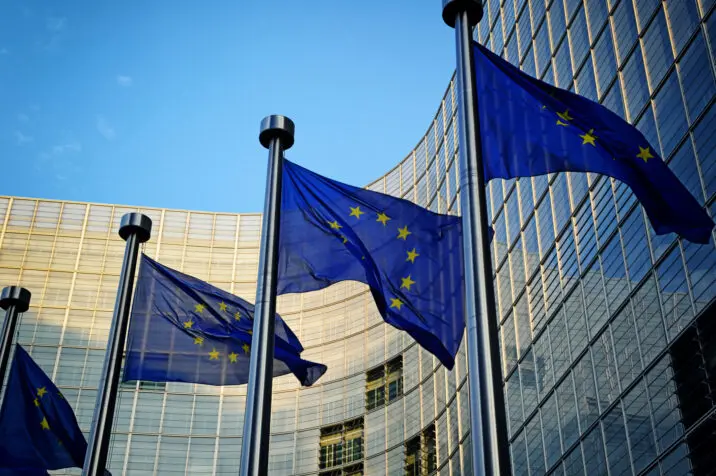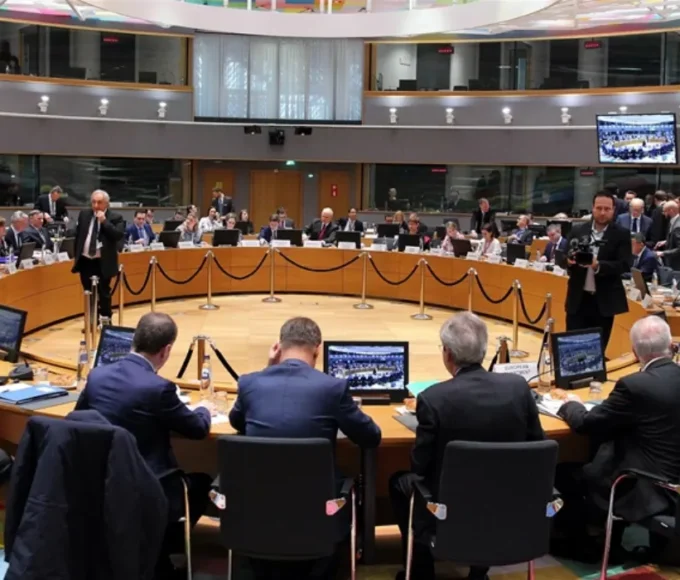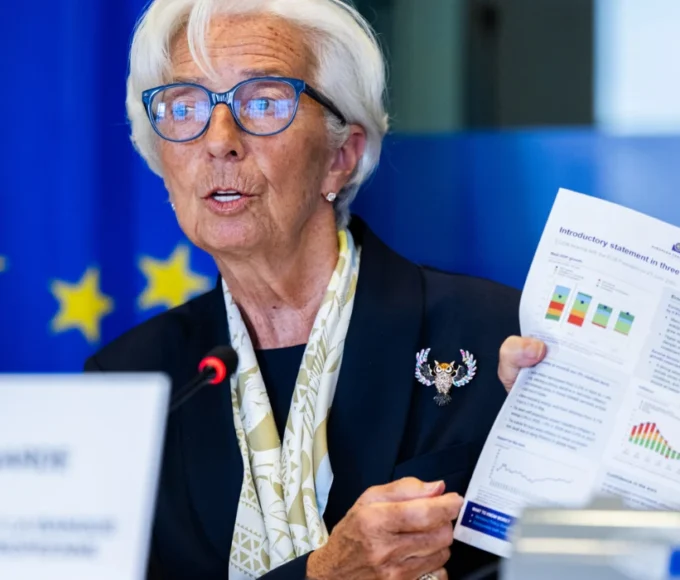The European Commission has staunchly defended its decision to fast-track the Omnibus package, a legislative initiative aimed at simplifying and delaying key EU sustainability reporting and due diligence requirements. Introduced in February 2025, the Omnibus package proposes significant amendments to the Corporate Sustainability Reporting Directive (CSRD) and the Corporate Sustainability Due Diligence Directive (CSDDD), seeking to reduce administrative burdens on businesses while maintaining the EU’s climate and sustainability goals. However, the urgency of the process and the scale of regulatory rollbacks have sparked widespread criticism from civil society groups and prompted an inquiry by the EU Ombudsman.
What is the Omnibus Package?
The Omnibus package, unveiled by the European Commission on 26 February 2025, is a comprehensive simplification effort targeting several overlapping EU sustainability laws. It aims to reduce complexity, lower compliance costs, and enhance competitiveness for European companies, especially small and medium-sized enterprises (SMEs).
Key Proposals Include:
- Raising the employee threshold for mandatory sustainability reporting under the CSRD from 250 to 1,000 employees, exempting approximately 80-85% of companies currently under the directive.
- Delaying the compliance deadlines for the second and third waves of companies by two years, pushing reporting start dates from 2026 to 2028 for many affected businesses.
- Limiting sustainability reporting obligations to the largest companies with at least 1,000 employees and turnover above €50 million, while introducing a voluntary SME reporting standard to reduce burdens on smaller firms in value chains.
- Simplifying European Sustainability Reporting Standards (ESRS) and removing the requirement to develop sector-specific standards, maintaining the assurance level at “limited” rather than moving to “reasonable” assurance.
- Restricting EU Taxonomy reporting obligations to companies with at least 1,000 employees and €450 million net turnover, while allowing voluntary reporting for others.
Commission’s Defense of the Urgency Decision
The European Commission justified the accelerated legislative process as necessary to address urgent stakeholder concerns about the complexity and cost of implementing the existing sustainability rules. Maria Luís Albuquerque, Commissioner for Financial Services, highlighted the need to simplify the European Sustainability Reporting Standards (ESRS) promptly to support economic competitiveness in a challenging geopolitical and economic environment1.
The Commission argues that the Omnibus package will:
- Reduce unnecessary administrative burdens by 25% for large companies and 35% for SMEs.
- Focus regulatory efforts on the largest companies with the greatest environmental and social impacts.
- Provide a more pragmatic, efficient framework that still aligns with the EU’s Green Deal and climate objectives137.
The Commission also emphasized that the package is a response to feedback from businesses concerned about overlapping and costly reporting requirements, aiming to unlock investment and support sustainable economic growth.
Reactions and Criticism
The Omnibus package’s fast-tracked adoption and its significant reduction in sustainability obligations have triggered strong opposition from civil society, NGOs, and some political groups.
NGO and Civil Society Concerns
A coalition of eight major NGOs, including ClientEarth and Friends of the Earth Europe, filed a formal complaint with the European Ombudsman, accusing the Commission of an undemocratic and non-transparent process. They argue that:
- The urgency procedure circumvented adequate public consultation and impact assessments.
- The package weakens critical sustainability laws, undermining corporate accountability and transparency.
- It threatens the EU’s climate and human rights commitments by diluting due diligence and reporting standards1.
More than 360 civil society organizations have called on the European Parliament and Council to reject the Omnibus amendments, warning that the changes risk eroding trust in EU sustainability policies.
EU Ombudsman Inquiry
On 26 May 2025, the European Ombudsman launched an inquiry into the Commission’s handling of the Omnibus process, focusing on the lack of public consultation, absence of comprehensive impact assessments, and the justification for the urgency decision.
Political and Business Perspectives
- Some political factions, notably the center-right European People’s Party (EPP), support the fast-track approach, emphasizing the need to reduce administrative burdens on businesses.
- Conversely, other MEPs and stakeholders caution against weakening sustainability rules and urge a more deliberative legislative process.
- Business groups have welcomed clarifications that the Omnibus package will not reopen already agreed legislation, stressing the importance of legal certainty for investment and competitiveness.
Implications for Sustainability Reporting and Corporate Accountability
The Omnibus package represents a major shift in the EU’s sustainability regulatory landscape by narrowing the scope of companies subject to mandatory reporting and due diligence. By exempting the majority of smaller companies and delaying compliance timelines, the package aims to ease the transition for businesses but risks reducing transparency and accountability in corporate sustainability practices.
Potential Outcomes:
- Reduced reporting scope could lead to less comprehensive data on corporate environmental and social impacts.
- Simplified standards and delayed deadlines may ease compliance but could slow progress toward the EU’s climate and social objectives.
- Voluntary SME reporting standards might encourage transparency but lack enforceability.
The Commission maintains that these changes strike a balance between competitiveness and sustainability, but critics warn that the Omnibus package could undermine the EU’s leadership in corporate sustainability governance.
Timeline of Key Events
| Date | Event |
|---|---|
| 26 Feb 2025 | European Commission adopts Omnibus simplification package. |
| 1 Apr 2025 | European Parliament votes 427-221 to fast-track Omnibus package. |
| 3 Apr 2025 | Vote scheduled on “stop-the-clock” proposal delaying CSRD compliance. |
| 26 May 2025 | European Ombudsman opens inquiry into Commission’s Omnibus process. |
The European Commission’s decision to fast-track the Omnibus package reflects a strategic push to simplify and delay sustainability reporting and due diligence obligations for European companies. While the move aims to reduce regulatory burdens and enhance competitiveness, it has ignited significant controversy over democratic process, transparency, and the potential weakening of EU sustainability ambitions. The ongoing EU Ombudsman inquiry and parliamentary debates will be critical in shaping the final outcome of this pivotal regulatory reform.









